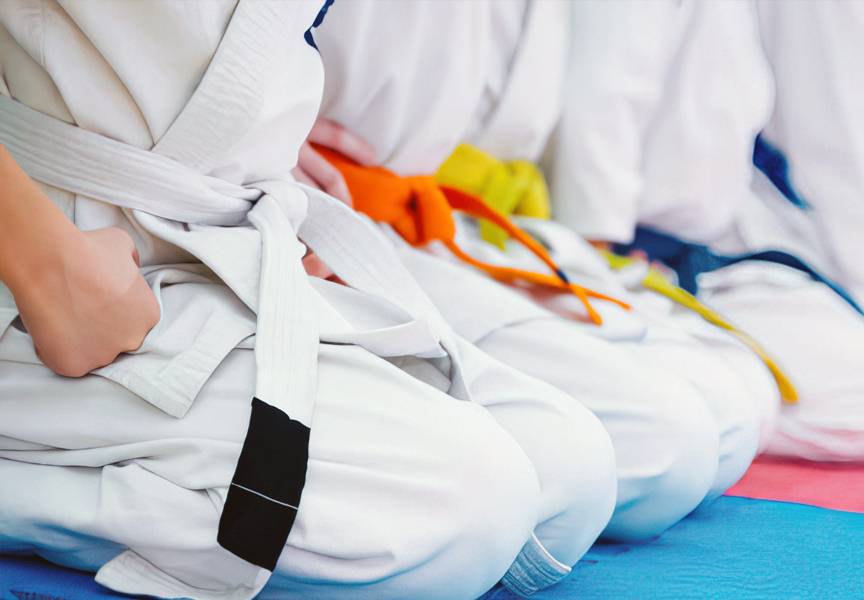Random Free Articles
- Lack of Martial Arts Masters
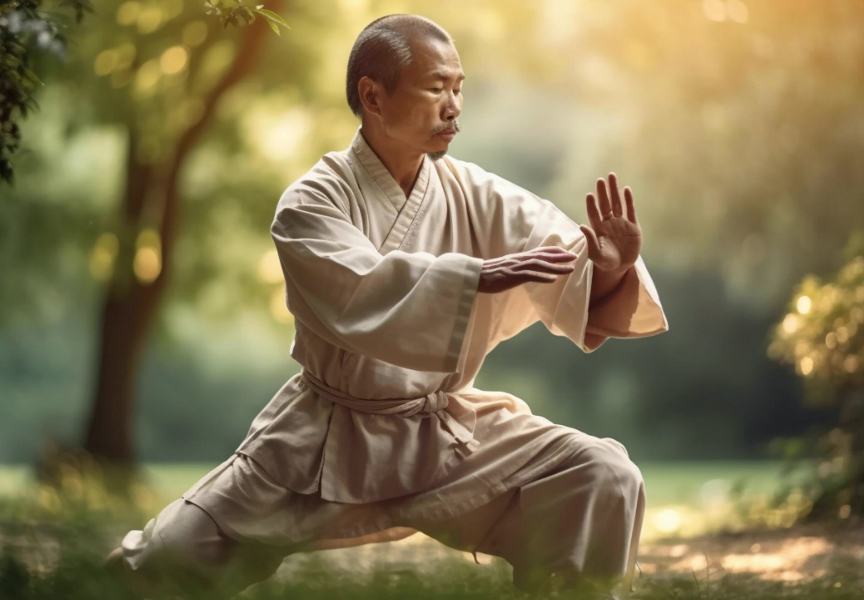
In the golden era of martial arts, masters were revered figures, embodying not just physical prowess but a deep understanding of philosophy, discipline, and tradition. However, as we advance into the 21st century, the number of genuine martial arts masters seems to be dwindling. What could be contributing to this decline? Commercialization of Martial Arts One of the most significant factors is the commercialization of martial arts. With the…
- Evaluating the Necessity of Learning Martial Arts for Self-Defense

In a world where physical altercations can sometimes be unavoidable, the idea of learning a martial art for self-defense purposes seems logical and prudent. Many individuals are drawn to martial arts classes with the belief that acquiring combat skills will keep them safe in dangerous situations. However, before committing to rigorous training and dedicating time and resources to mastering a martial art, it's crucial to assess the…
- Lotus Flower of Enlightement
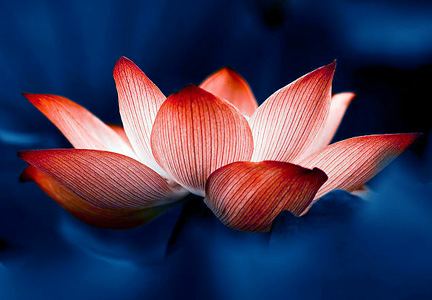
Throughout human history, symbols have played a pivotal role in conveying messages of universal significance. They serve as vessels for the abstract ideas and ideologies of particular societies, often requiring an understanding of the culture from which they originate. These symbols possess a unique ability to communicate profound meanings, inviting personal interpretation without the need for lengthy written explanations. In the context of…
- Unveiling the Deep Culture of Shaolin
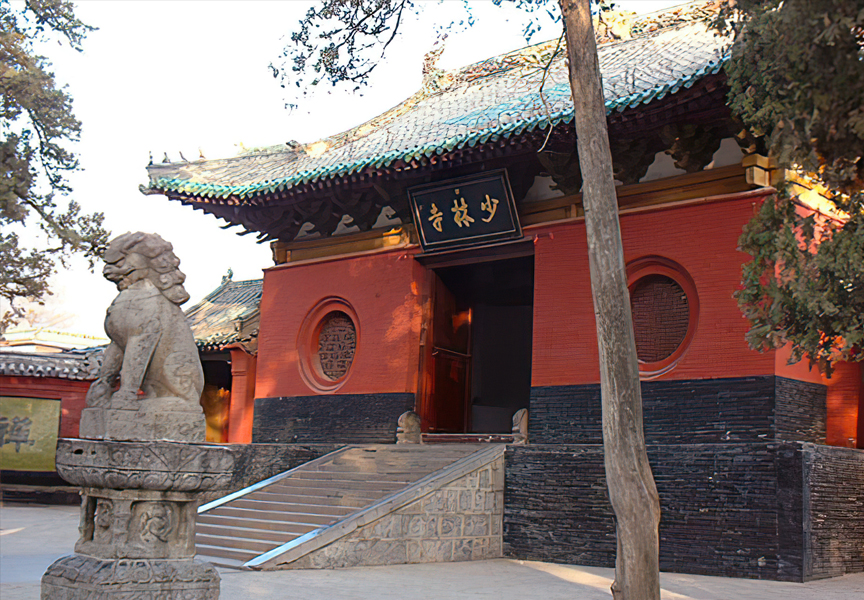
A Journey Through 15 Centuries of Spiritual and Physical Cultivation In the hustle and bustle of the modern age, where speed and efficiency often take precedence, it becomes imperative to take a step back and explore the profound wisdom embedded in ancient traditions. One such tradition that beckons us to delve into its deep culture is the Shaolin philosophy—a repository of primordial knowledge that has evolved over 15 centuries. In a world…
- Upholding Tradition
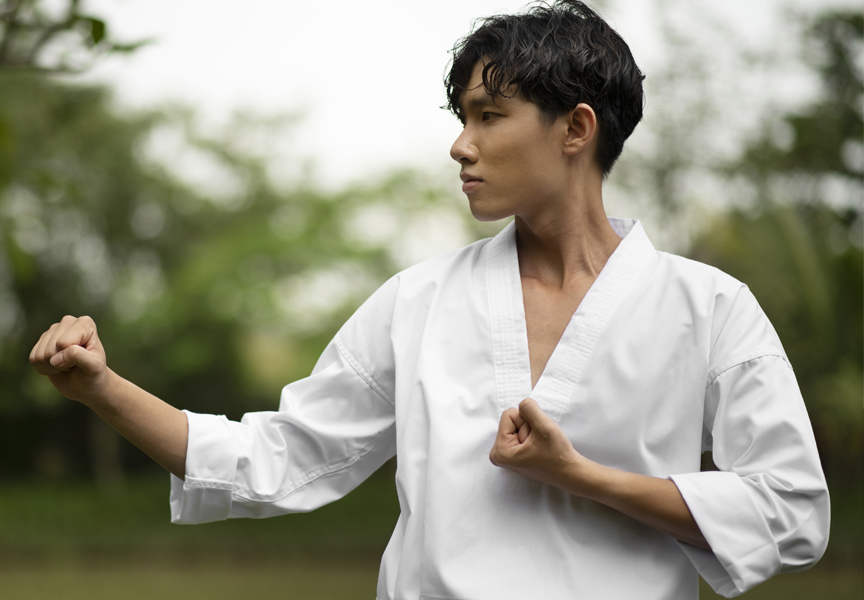
The Responsibility of Practicing Traditional Martial Arts In a world where trends come and go with the blink of an eye, traditional martial arts stand as bastions of timeless wisdom, discipline, and cultural heritage. Rooted in centuries of history and philosophy, these martial arts aren't merely physical disciplines but profound systems of self-improvement and ethical conduct. However, as the popularity of martial arts grows, so does the…

